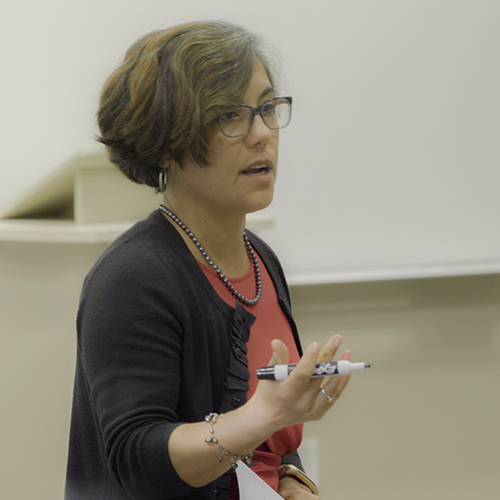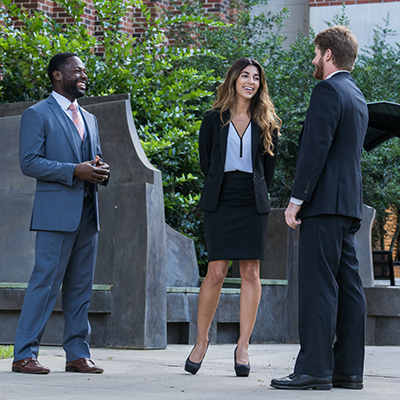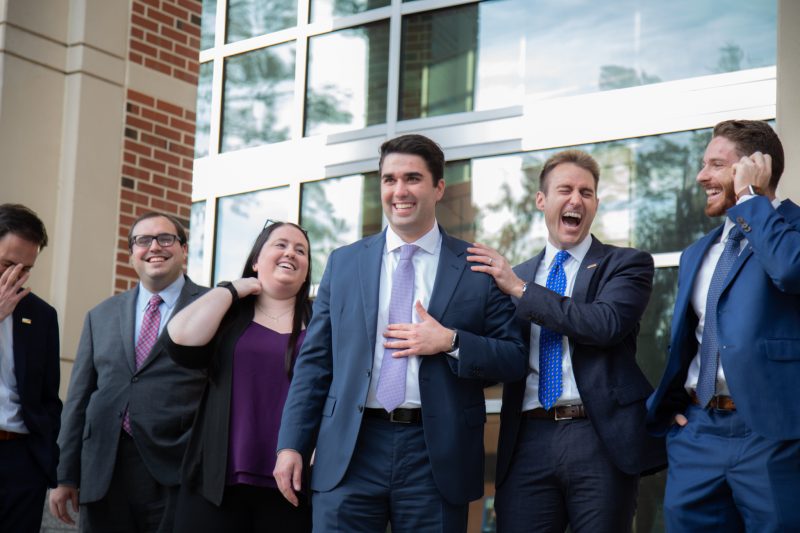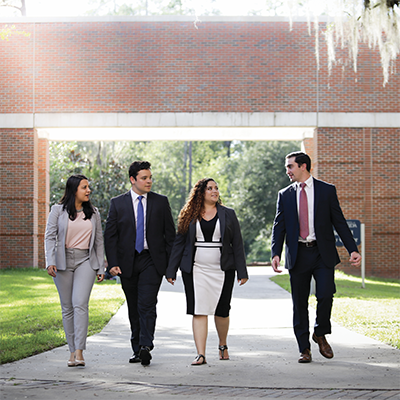Religion and the Constitution
Course Number: LAW 6930 Credits: 2
The course has two main parts. The first part is broadly introductory and considers such basic issues as:
What is religion? Defining religion. Is there a distinctly “legal” definition of religion? Is the “truth” of a religious doctrine ever legally at issue? (United States v. Ballard). Relationship to defamation law. The role of sincerity (Ballard). Should social change affect the interpretation of the Religion Clauses?
Why protect religion? Religion vs. science. The Bible vs. Darwin. Belief vs. knowledge (Ballard). Relationship to philosophies of free expression. Belief vs. conduct (Reynolds v. United States). The police powers of the states. Standards of review (Carolene Products). Readings in philosophy, social psychology, sociology of knowledge, and the history of religious thought will be considered.
Origins and theory of the constitutional Religion Clauses. Historical sources and documents. Jefferson’s “wall of separation” between church and state (McCollum v. Board of Education). The Garden and the Wilderness [the church and the world] (Roger Williams, Mark DeWolfe Howe). Interplay between the two Religion Clauses.
Second part. In this part the main doctrines and caselaw of the Free Exercise Clause and the Establishment Clause will be studied. Two or more group presentations will be designed and planned around the two Religion Clauses and possibly additional topics (for example, the role of the Jehovah’s Witnesses in litigating religion law), depending on student interest.







